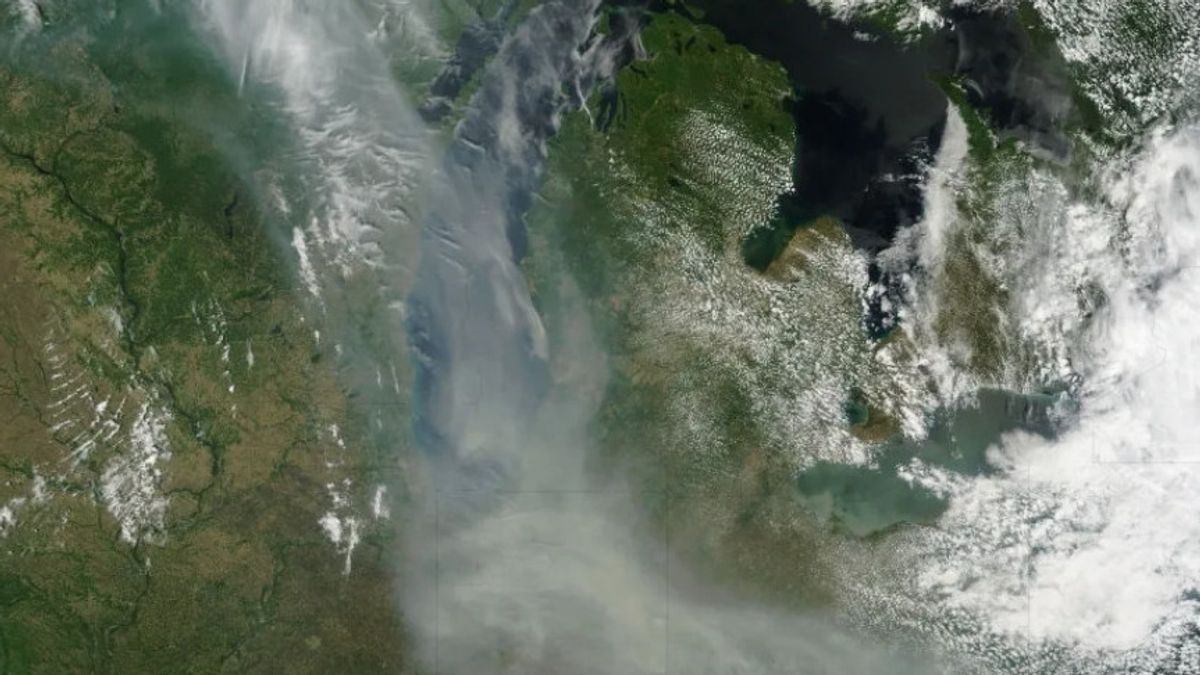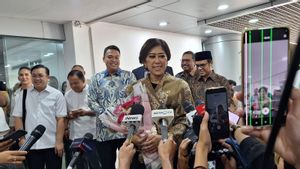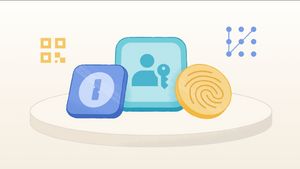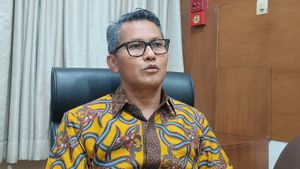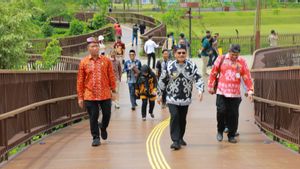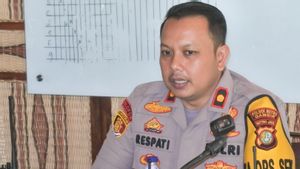JAKARTA - Humans should breathe clean air to have a healthy life. However, WHO studies show that nearly 99 percent of the world's population breathes air that exceeds the normal limit.
According to Kristina Pistone, NASA Research Center researcher, knowledge of air quality is very important for humans. By understanding the quality of the air in the area you live in, humans can reduce the impact of poor air quality.
"Just like swallowing water, we also need to breathe air," Pistone said. "We expect clean water because we understand that we need it to live and be healthy, and we also have to expect the same thing from our air."
When humans face poor air quality, there are several possible adverse effects, such as cardiovascular disease or disorders caused by heart and blood vessels as well as respiratory problems in the long term.
For short exposure, humans can experience respiratory symptoms such as coughing and fanging. The worst risk is that dangerous diseases such as asthma and respiratory infections can arise. Therefore, we need to avoid poor air quality.
SEE ALSO:
Not only causes disease for humans, but poor air quality can also damage the environment. For example, water becomes polluted due to equalities or eutrophics. This can kill plants, drain soil nutrients, and endanger animals.
To find out good and bad air categories, you can learn the value of the Air Quality Index (AQI) with the EPA system. When the AQI value is at 50 or lower, the air quality is very good.
When AQI is in the range of 51 to 100, the air quality is moderate. You can still carry out your activities as usual, but reduce outdoor activities. Meanwhile, AQI 100 to 150 shows that moderate air is not good for sensitive groups.
Saat AQI mencapai 200, masyarakat akan mendapatkan peringatan kesehatan. Kondisi ini tidak hanya melukai kelompok dengan Kesehatan sensitif, tetapi semua orang. Ketika mencapai 300, situasi ini dianggap sangat berbahaya sehingga masyarakat harus berada di lokasi yang aman. Biasanya, AQI 300 muncul saat kebakaran hutan terjadi.
The English, Chinese, Japanese, Arabic, and French versions are automatically generated by the AI. So there may still be inaccuracies in translating, please always see Indonesian as our main language. (system supported by DigitalSiber.id)
